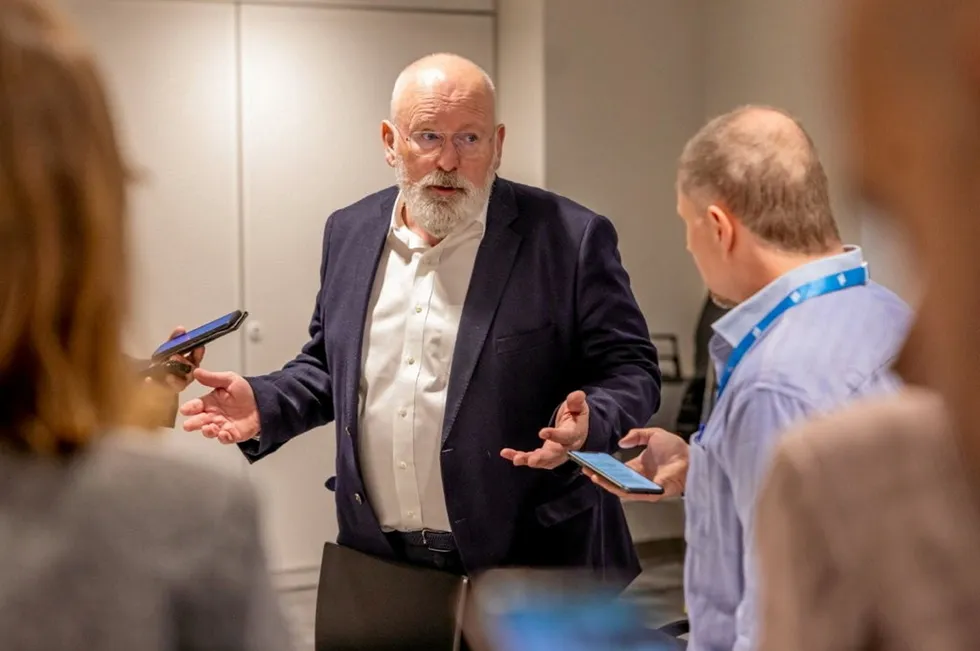Hydrogen developers will have to pay more for European electrolysers than Chinese ones, says EU's climate boss
Frans Timmermans extols the virtues of Chinese-made electrolysers — but believes European machines will be worth the extra cash

Frans Timmermans extols the virtues of Chinese-made electrolysers — but believes European machines will be worth the extra cash
